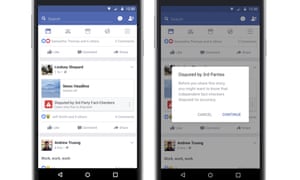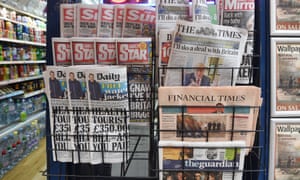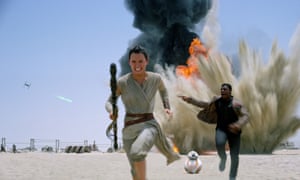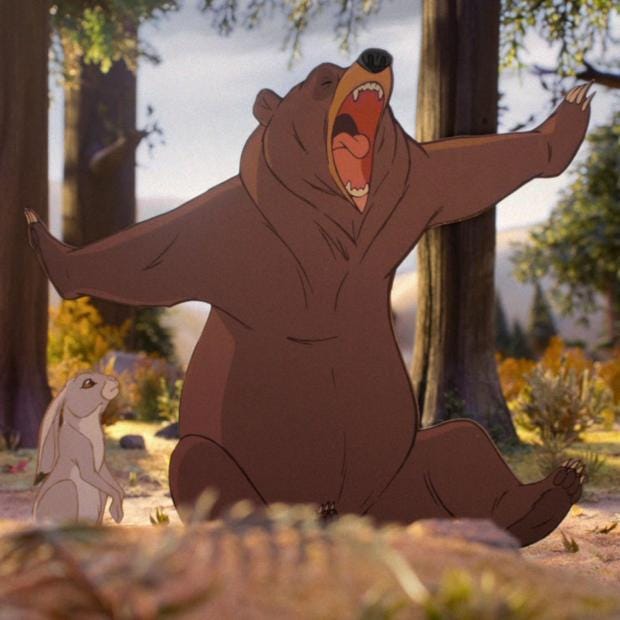MM38 page 5
- How did the language and selection of images in the coverage create a particular representation of young people?
The selection of language and images all show a negative representation of the youth and a positive view of the police. The youth are presented as 'hooligans' and the police being presented as the 'courageous heroes'. The selection of a car being set on fire with the young man looking at the camera gives off the impression of danger and invasion which really delivers a negative portrayal of the youth.
- Why does David Buckingham mention Owen Jones and his work Chavs: the demonisation of the working class?
David Buckingham believes that there is some sort of 'class dimensions' to these representations. The fact that the editors and those who are giving information are politicians show that there is a large quantity of info being taken from working class people, and not people from the lower class. By mentioning his book 'Chavs: the demonisation of the working class' he points to a new emergence of class contempt in modern Britain.
- What is the typical representation of young people – and teenage boys in particular? What did the 2005 IPSOS/MORI survey find?
- 40% of newspaper articles were featuring young people focused on violence, crime and anti-social behaviour.
- 71% could be said to have been negatively presented
- How can Stanley Cohen’s work on Moral Panic be linked to the coverage of the riots?
Adults especially will develop a sense of moral panic as they will believe their children will be influenced to do such things. Moreover, it develops stereotypes of the youth and will create false judgement in societies minds; people will begin to fear the youth.
- What elements of the media and popular culture were blamed for the riots?
The few that were mentioned were content such as rap music and video games. These essentially carry a similar motif, in this case it is violence. We see gang members holding weapons with their faces covered, and in games there are large quantity of those that are FPS. Therefore, the media is essentially using the hypodermic needle model to inject such ideologies that games and rap music are to blame for the outbreak of the riots- which it wasn't.
- The riots generated a huge amount of comment and opinion - both in mainstream and social media. How can the two-step flow theory be linked to the coverage of the riots?
The two-step flow model is essentially figure heads (people who are famous) who have a lot of followers, and when a situation is out, their followers essentially believe it the same way as the person does. Essentially people in the news or critics etc, people who have big names on social media or in society (like David Beckham) if they share their opinions on the riots, those who desire them, or in general are big followers will see the situation as they do.
- Alternatively, how might media scholars like Henry Jenkins view the 'tsunami' of blogs, forums and social media comments? Do you agree that this shows the democratisation of the media?
Henry Jenkins argues that there is no longer the 'elite' controlling the media and how the system has changed. Essentially what she is getting at here, is that those who had less power (society) are now those in power and control the way in which news is consumed and how much of it can be spread around.
- What were the right-wing responses to the causes of the riots?
Right wing would want to push the youth out of society, where they don't have any focus from society and are essentially forgotten about. They generally approach such matters with a reaction, meaning it is something that is challenging them rather than them listening to what the rioters have to say.
- What were the left-wing responses to the causes of the riots?
A left wing response would be to held and aid those who are unfortunate to not be able to make a change due to the way the elite has portrayed them. They will rather try to reform those who have been given an injustice treatment and give them a second chance to change things.
- What are your OWN views on the main causes of the riots?
I believe that people had their own and individual reasons for why they participated in the riots. However one of the more stronger arguments is the 'lock-off' of the youth from society. This has been evident through Plan B's TED X lecture where he actually addresses the issue and the behind the scenes impact that the riots had on the youth- which included people's reasons for rioting. One of the reasons was the fact that community centres were being shut down by the government and being spent on other things (more important things). This made the youth feel silenced and shun out of society and the riots brought about a way for the youth to show their issues through the violence they presented on TV.
- How can capitalism be blamed for the riots? What media theory (from our new/digital media unit) can this be linked to?
The media and the government are controlled by iconic and powerful figure heads who have a powerful voice, the media essentially spreads this authority across the country to brig about fear. The elite such as the prime minister and politicians have always slammed down the youth and degrades them which in turn gives them a negative representation. This forces the youth the accept that ideology and therefore start living up to it, which makes society believe that the elite were right.
- Were people involved in the riots given a voice in the media to explain their participation?
I don't think that those involved in the riots were given a voice, they were mostly silenced by the elite, such as the government and those in power. The whole blame was put on the youth despite there being a low percentage of ages 18 and below actually being part of the riots. The media and governments were all crating this sense of 'blame' on the youth which really lowered the voices of those who tried to rise up and challenge those views. Instead the youth had to believe that they were to blame since society believes that, that is the case.
The article states that the way the police approached the protest is what made it change from being a peaceful protest to a violent one, where people (rioters) were essentially forced to fight back at the way they were being treated by police officers. Those who had interviews with the Guardian stated they already had a massive hatred for the police and that's why they took to the riots to have an opportunity to attack them.
- What is your own opinion on the riots? Do you have sympathy with those involved or do you believe strong prison sentences are the right approach to prevent such events happening in future?
I don't think that strong prison sentences it the right approach to prevent such events from happening. This is because the police and those who want to serve justice should try to distinguish between those who participated in the riots for 'fun' and those who had a 'moral reason'. Depending on the reason would be the most appropriate method as those who participated just to create violence are those who made the riots more violent than it needed to be, otherwise it wouldn't of been to this extent.





